Top 3 Christmas conversation challenges
Overcome any challenge during Christmas dinner conversations.
Top 3 challenges based on the ones that you all send me!
Transcript in case you want to look up any info:
So I asked you what you find challenging about Christmas dinner conversations.. and it turned out: quite a lot! It’s quite challenging to stay connected to your own needs, to yourself, and also be empathic to those around you when there’s something going on like: ‘It’s Christmas, it has to be fun’ and all this pressure. So, no worries, I’ve got your back. I gathered the three most common challenges and I’ve got a ton of tips and tricks for you to stay healthy, stay connected and have fun during Christmas talks.
Number one is that the talk is too shallow, meaning that because people are a bit tense, they don’t dare to really say what they think.. and the only safe topics that are left are things like TV series, the food or the weather. Hmmm, this salad is so good, how did you make it? *snoring sound* Yeah, it’s quinoa right? *snoring sound* Hmm hmm. Ah, you boil it? *snoring sound* Okay. Ah, yes, I think that’s some thyme, or not? Can I have some more wine? So when this happens, you might feel bored and disengaged and you might have a need for connection and to know what’s really going on for the people around you, to be real with each other. The first tip is to start with yourself: what are you hiding when you sit around the dinner table? What would you like to express actually? So for example, I could be saying something like: hey guys, there’s some new people sitting at the table that I haven’t seen a lot yet. I notice I feel a tiny bit nervous and I just like to express it and to acknowledge it and I think I can relax more when I do that. So, now I’m curious, how is that for you all to here? So whatever you are expressing, it’s helpful to say at the end ‘how is it for you to hear?’ So you invite the people around you to react to you, vulnerable sharing. And maybe you would like to check a certain thing. So also check for yourself what is helpful for you to hear from the other people. My second tip is to propose a connection round, which means that each of the members sitting at the table will share for one minute honestly what is going on for them in that moment. I did this with my family on a holiday trip and it was super connecting. It was really the thing I was forward to the whole day, we were doing it at dinner time as well. So the way to introduce it, it is important to be clear why do you actually want this. Because people might be a little scared or have a little bit of resistance. So share what is your purpose: maybe to make connection or to bring a bit of depth, or to get to know people. Something like that. Then also listen to maybe objections. You don’t want to force people to do this. So check what is their objection and see if you can maybe help them to feel comfortable. And if they don’t feel comfortable, then just say: we can skip, you don’t have to do this. But if they want to do this I think it can bring a lot of connection. My third tip is for when there is really an elephant in the room. You know that there is a topic that everyone thinks about but nobody is saying it. The way to address this is to really give people choice about whether they want to talk about it or not. So what you might do is something like this: hey guys, I think we are all a bit thinking about Pete, since he’s not with us anymore.. And I wonder, do we want to talk about this now? Or maybe park it for later? This way you can still address it and it might release a bit of the tension that everyone might be feeling. And still there is a choice whether people want to go into an intense topic or not.
The second challenge is that your dinner talk is too heated for your taste. This might happen when some people talk about controversial politic topics or personal topics that are triggering other people. Well you tell me, I will solve this problem, those people are taking my jobs, I’m sick and tired of it! And when this happens, you may feel scared, uncomfortable or also angry. And you might have a need for more safety to deal with differences between opinions, more harmony, more connection, more respect, all of that. So my first tip is when you know there is a heated thing going on in the family, to address it before Christmas. So to talk with people and see if you can find harmony before Christmas happens. Ideally you would have a family that is super able to all listen to each other and to deal with tricky topics during Christmas.. but I think that’s a kind of small percentage of super-NVC families. So, I would recommend if there’s something you can maybe address it before Christmas. And that might leave you more relaxed before Christmas dinner happens. My second tip, if you don’t see yourself talking with your family before Christmas, or if you did and it didn’t really work out. Then at least make sure that you take care of yourself. So what I want to recommend you to do is to check: what are your triggers and your anger about your family? Ask a friend, kind of mid-December, for half an hour or maybe even an hour to share all your triggers, to really blow off steam and to say the worst you think about your family. And then, make sure that together you look for the needs that are behind that. The easiest way to do that is to use my need-card that you can find on my website. I can send it to you for free, so go there and get it if you don’t have it already: the empathy sheet. And if you’ve done that, you’ve got your needs, make sure you’ve come up with a few requests, also again to yourself. So this way there is a high chance that you at least are kind of spacious when you sit at the dinner table and all the fire is going on. My third tip is about how to create choice for yourself on what to do while you are sitting at the dinner table. So first of all you could say something like: hey guys I noticed last time we had a lot of political discussions and I’m not enjoying that a lot. And I know that a few of you are, so how about we reserve some time for it? For example, while we are having the desert, we spend on the political discussions, or the entree, or something like that. Or you could say something like: I notice when everyone raises their voice I find it a little hard to connect with you, so I would like to make a choice together in how we would like to continue this conversations in a way that is connecting for all of us. Hey, I notice I feel a little overwhelmed with the talk right now, and I want some quiet time so I’m going to take a little walk outside and if anyone wants to come with me they are welcome. And when you already feel angry, depending on your NVC skills and maybe those of your family members.. you could express it, by saying for example: hey guys, I notice I’m really getting angry and I think I’m going to take some time for myself to connect and to see what’s going on and to come back to you more self-connected, with more clarity.. So I’m going to take twenty minutes and then I’ll see you back.
The third challenge is about getting questions about your personal life that you don’t feel like answering. So I guess you’ve all been through this: people are asking you about your love life, or your work life and you really don’t feel like answering this question. So how is your love life? How is it going with finding a job? And have you and Mark already thought about getting kids? So when this happens, you might feel insecure, uncomfortable, angry.. and your need could be something like respect, safety, self-empowerment, self-confidence. My first tip is to express how it is for you to hear that question. So for example you could say something like: when you ask this question I’m a bit worried I will go to my head. Is it okay if I check with myself what I would really love to share with you in this moment? Or you could say, in this moment I prefer to talk about something else, for example.. I’m working on this thing that I’m really excited about, do you want to hear about that? The third one is one that I haven’t used myself, I didn’t dare to so far, but I’ve heard one of my teachers say it and I really love it. It is, someone asks you something and you say: can I leave you in that wonder? So you just really acknowledge that you are at choice whether you want to answer a question or not. My second tip is to empathise with the questioner. So someone asked you a question and instead of answering the question, you check with the person: what is it that they want to ask this question? What need does it meet for them? So you could check for example: ah, your curious about my love life, is it that you really wish for me that I’m happy and you think that I might be even more happy with a partner? Something like that. So it’s not about you, this question, actually. It’s about this person that is asking this, and you can talk about them instead. My last advice is to send this video to one of your family members, or whoever is going to be there at the Christmas dinner. And to check with them, what is their biggest challenge? What are they worried about? Maybe you can even support each other during the dinner.
So I hope this was helpful for you. If you would like to learn more about challenging talks, you can come to my masterclass in Amsterdam, or connect with me about my online courses. I can also even guide you one-on-one if you have a challenging talk to prepare. I love doing that. And you can always subscribe to my channel of course, then you stay up to date when there is a new video. And if you don’t have the empathy sheet with all the needs, it might be super helpful to have even with you during the family dinner. Download it on my website, I will send it to you. And other than that, I wish you like a really really connecting joyful Christmas dinner. Hopefully it is exciting and new. And let me know in the comments what you’re planning to do and maybe also how it was afterwards. I am very curious. I’d love to see you next time. Ciao! I wish you a very very connected and joyful Christmas conversation dinner.. Huh? *laughing* So I hope this was helpful for you. Oeh, I need some coffee I think.

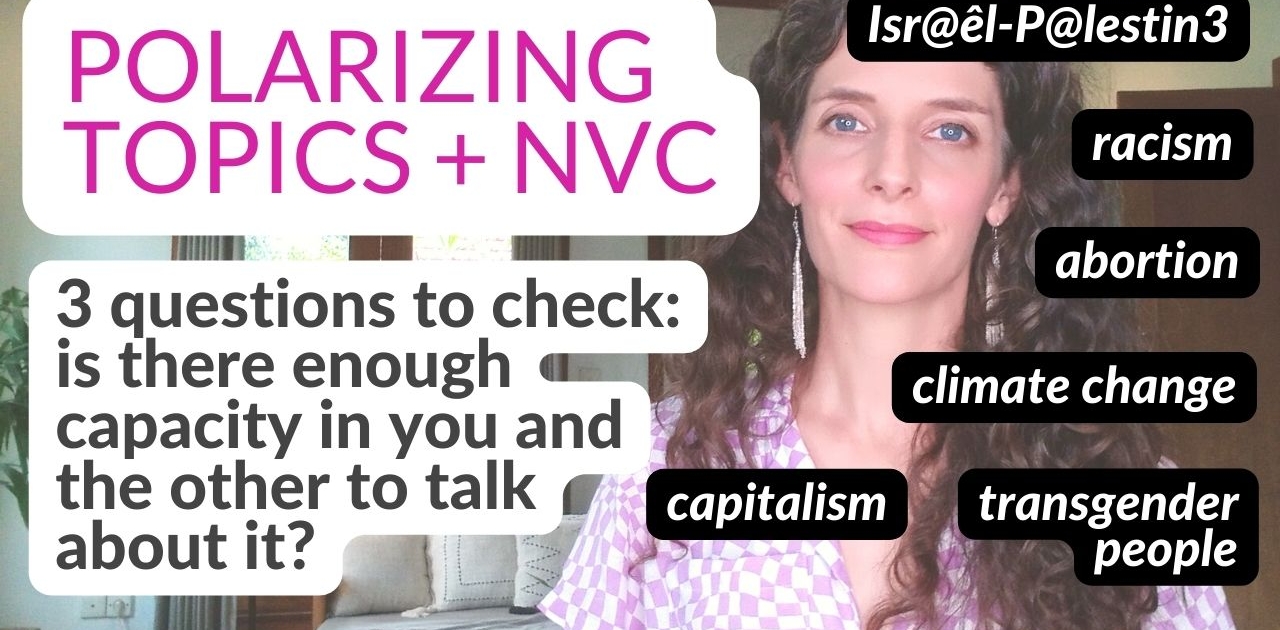

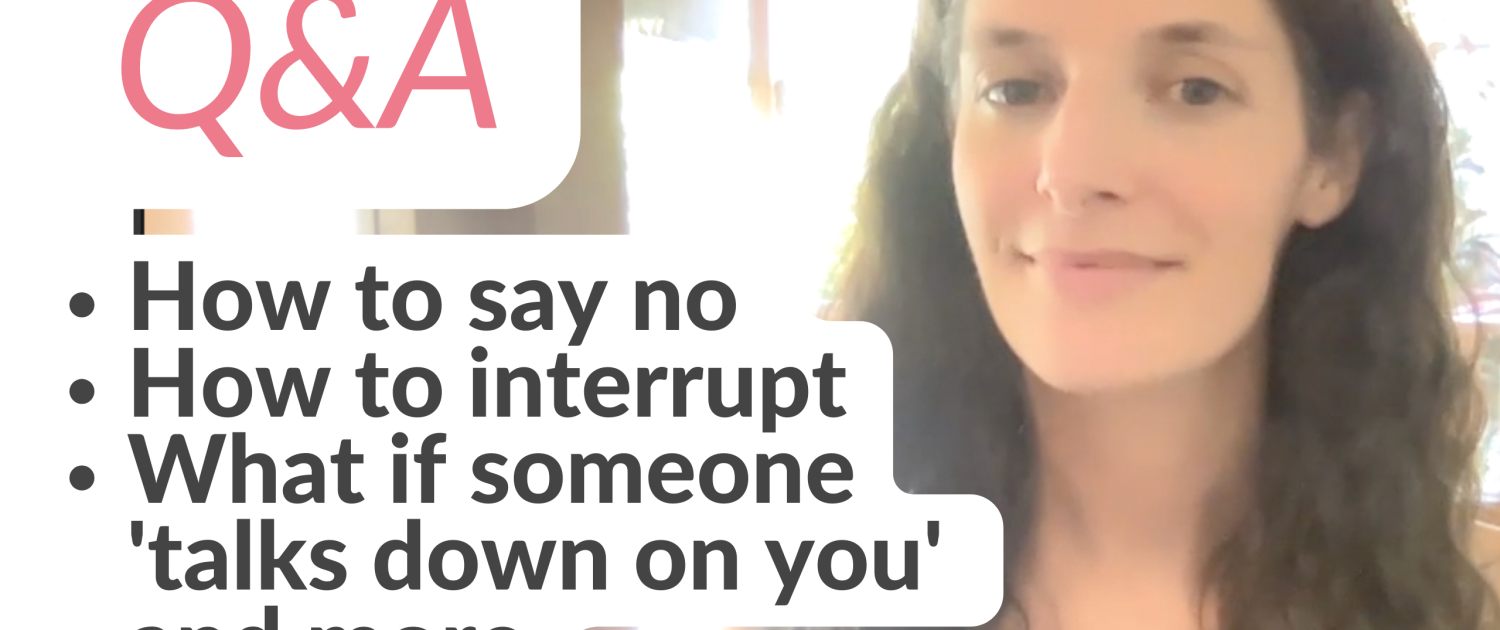
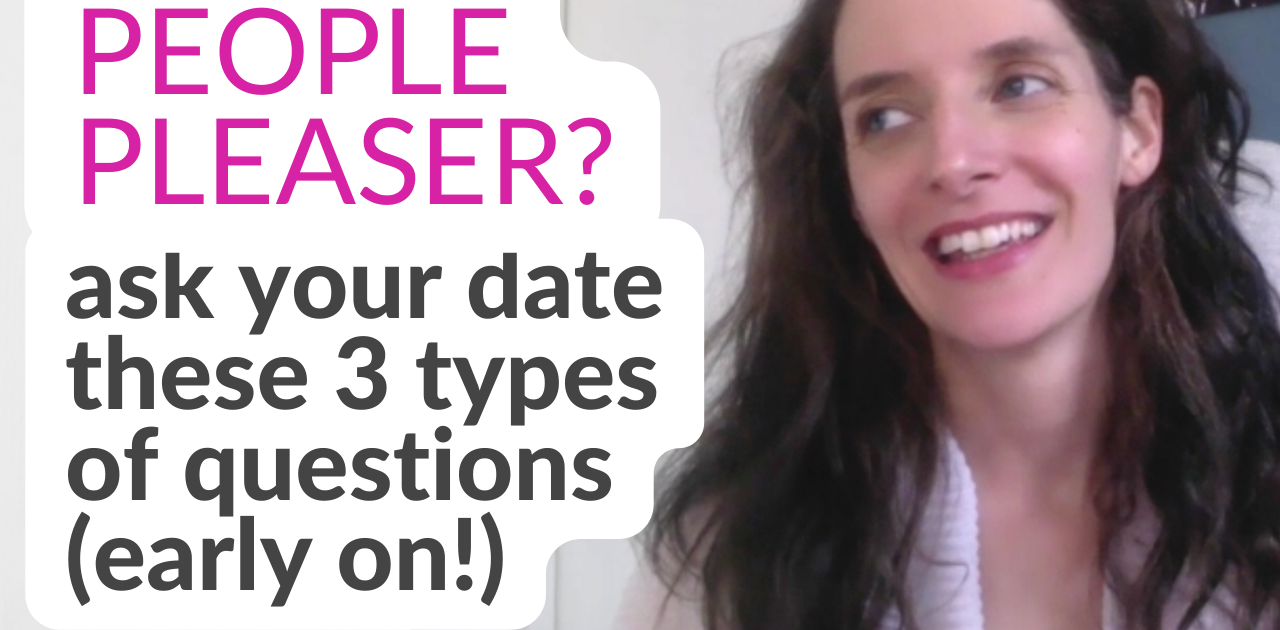
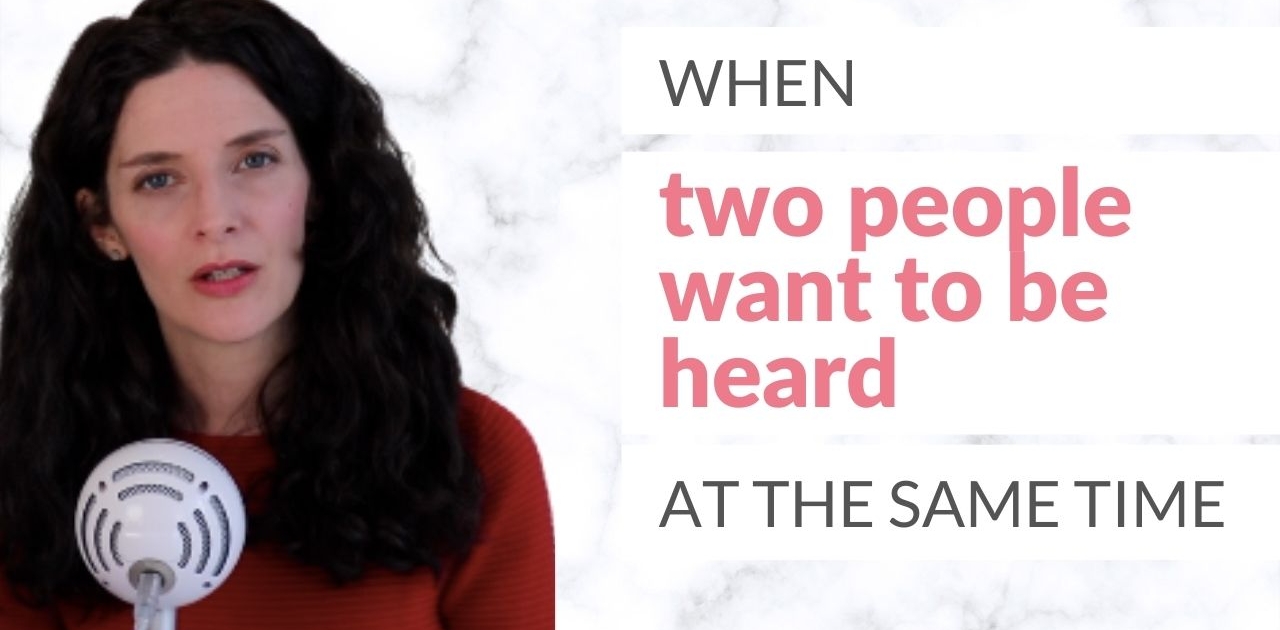
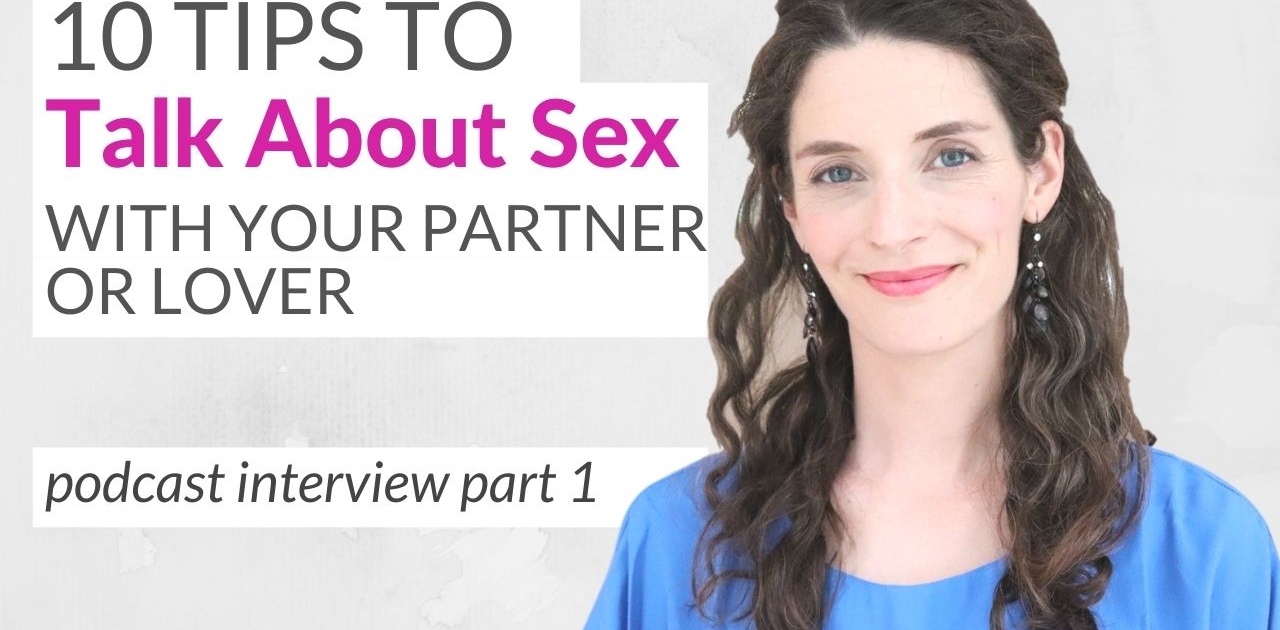

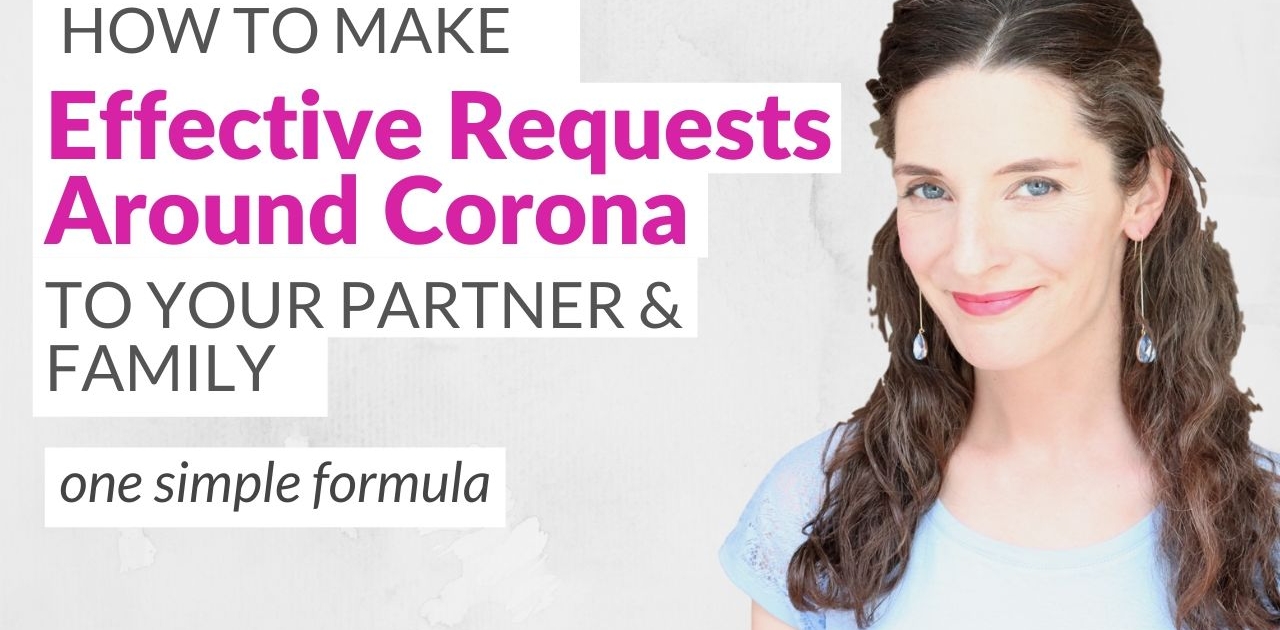

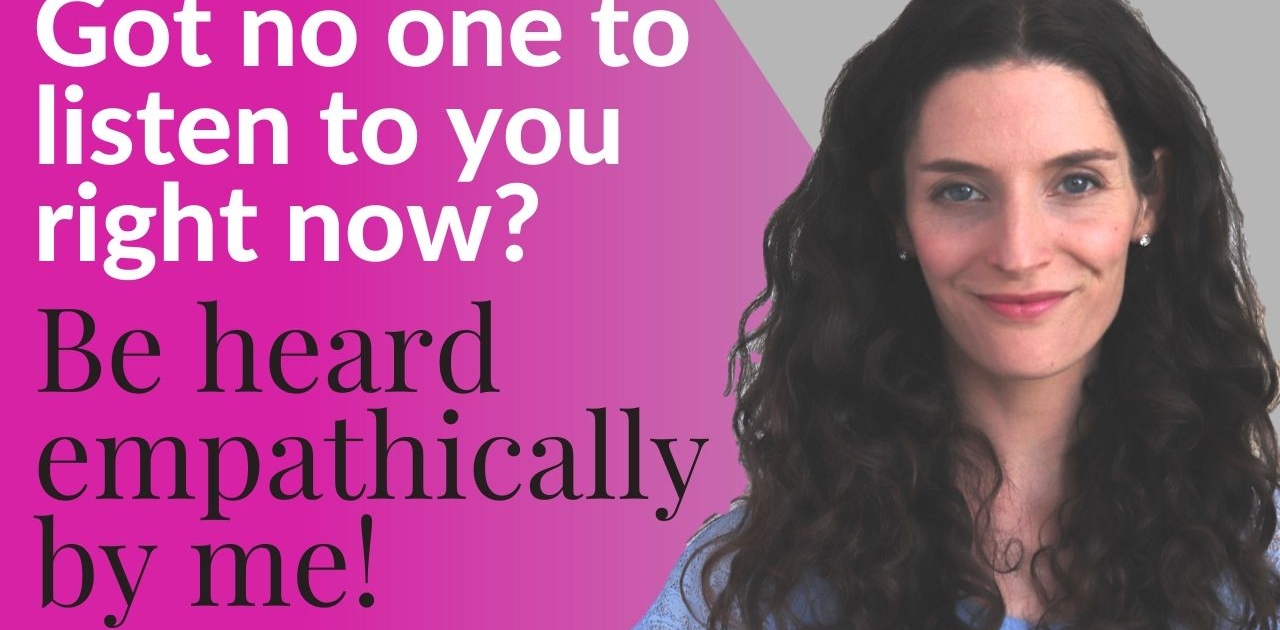


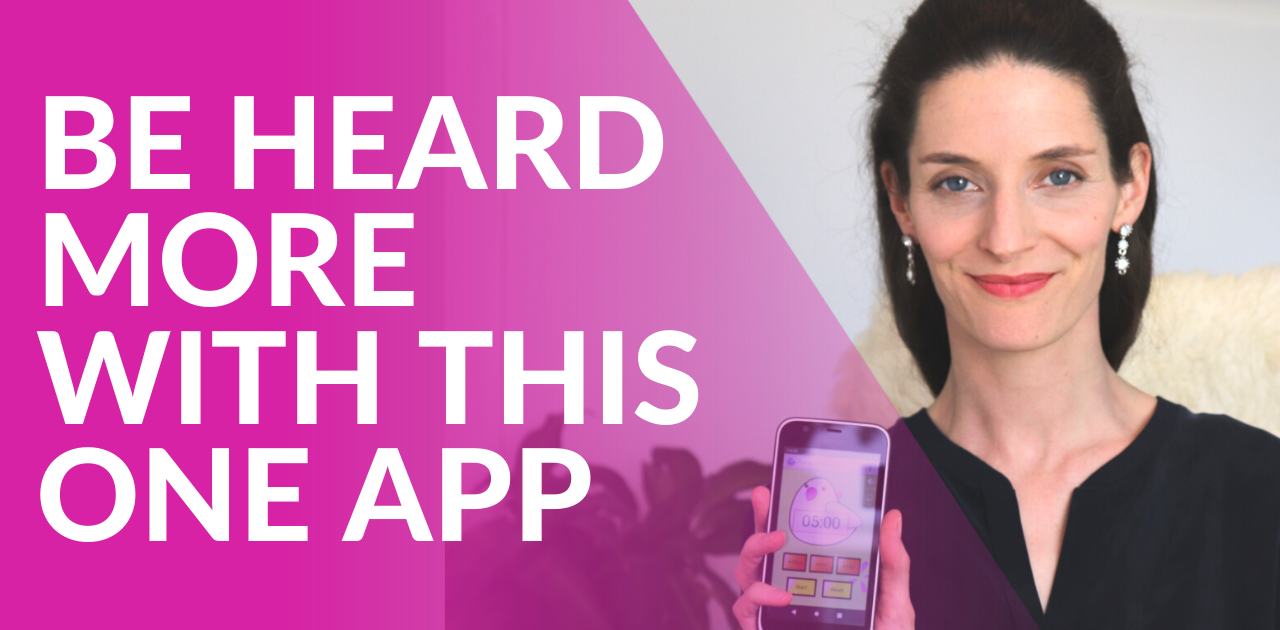
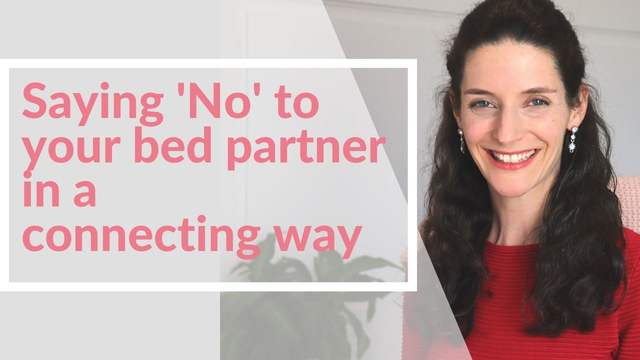
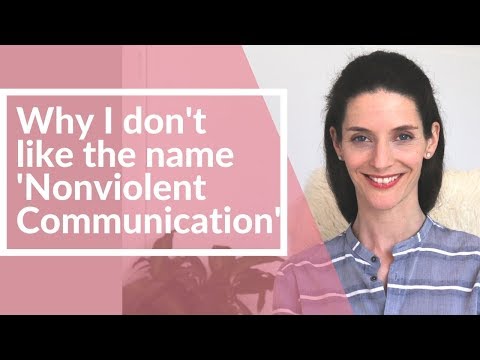

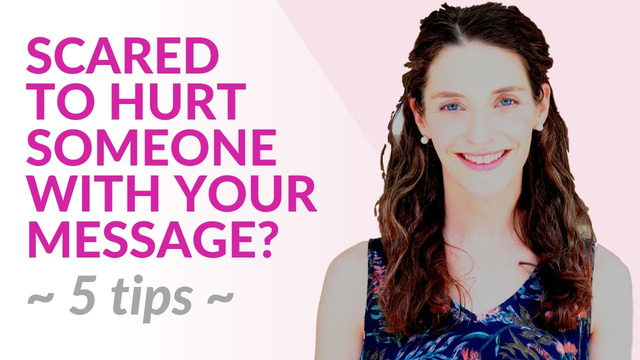
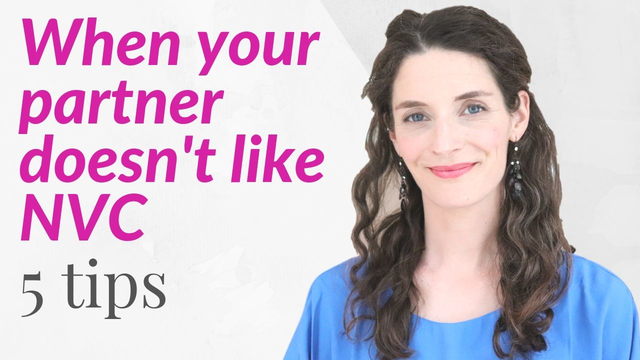


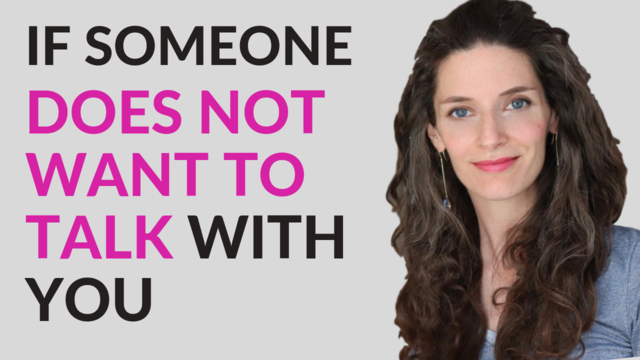





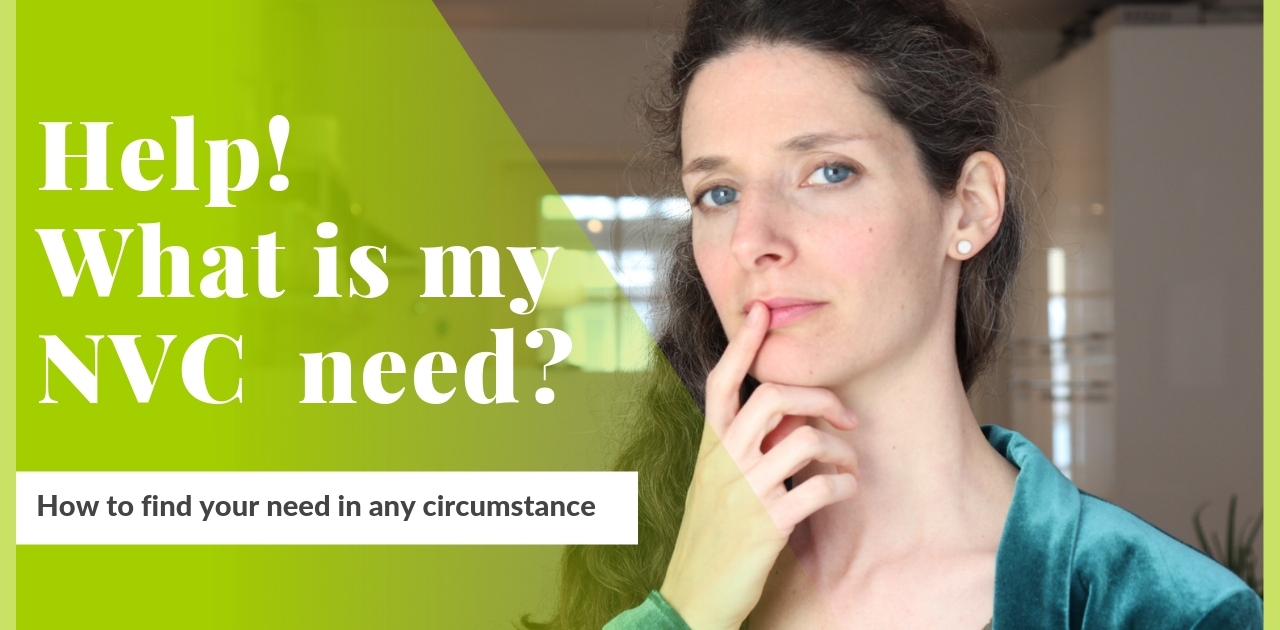
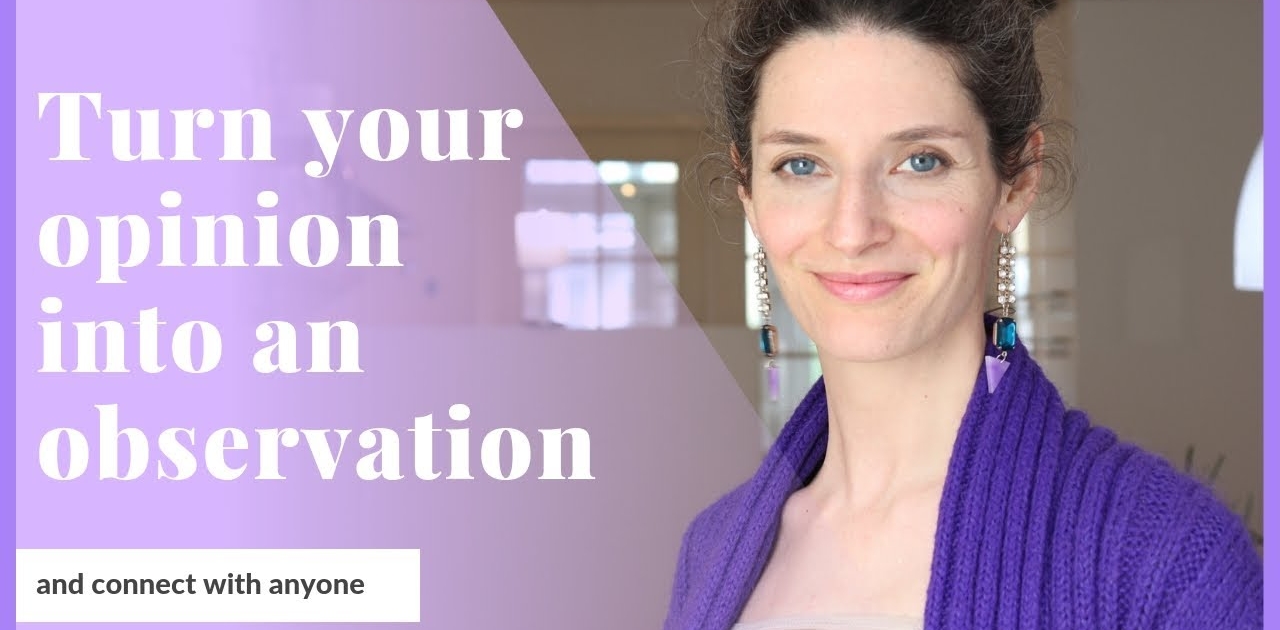
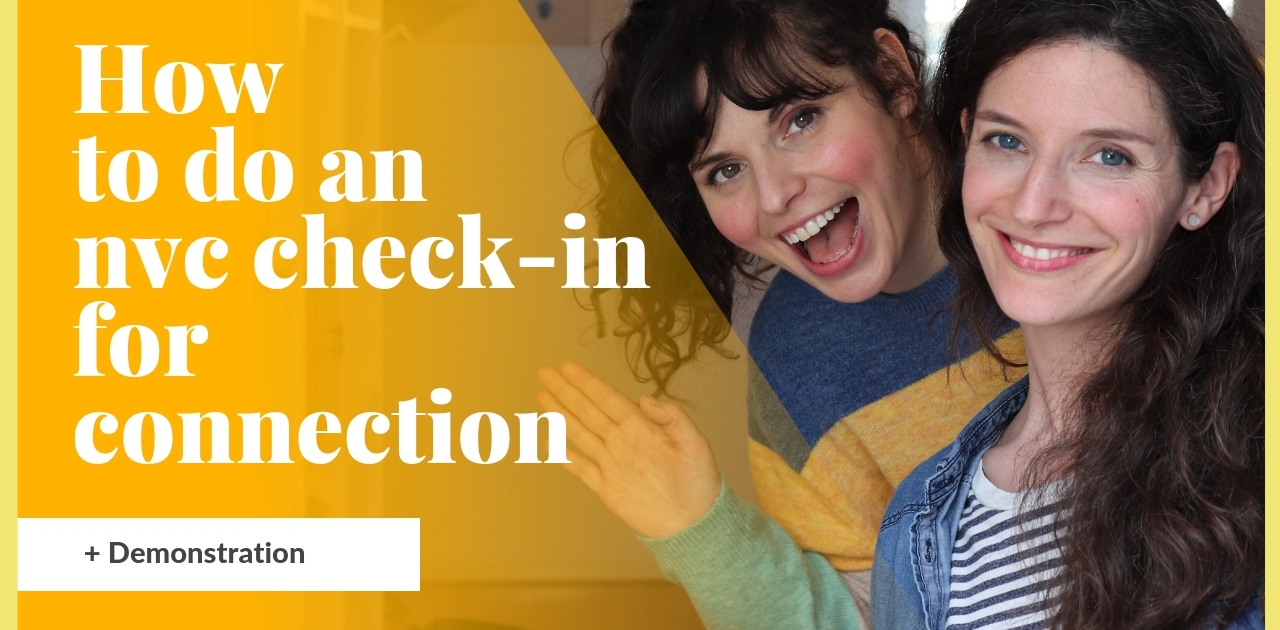

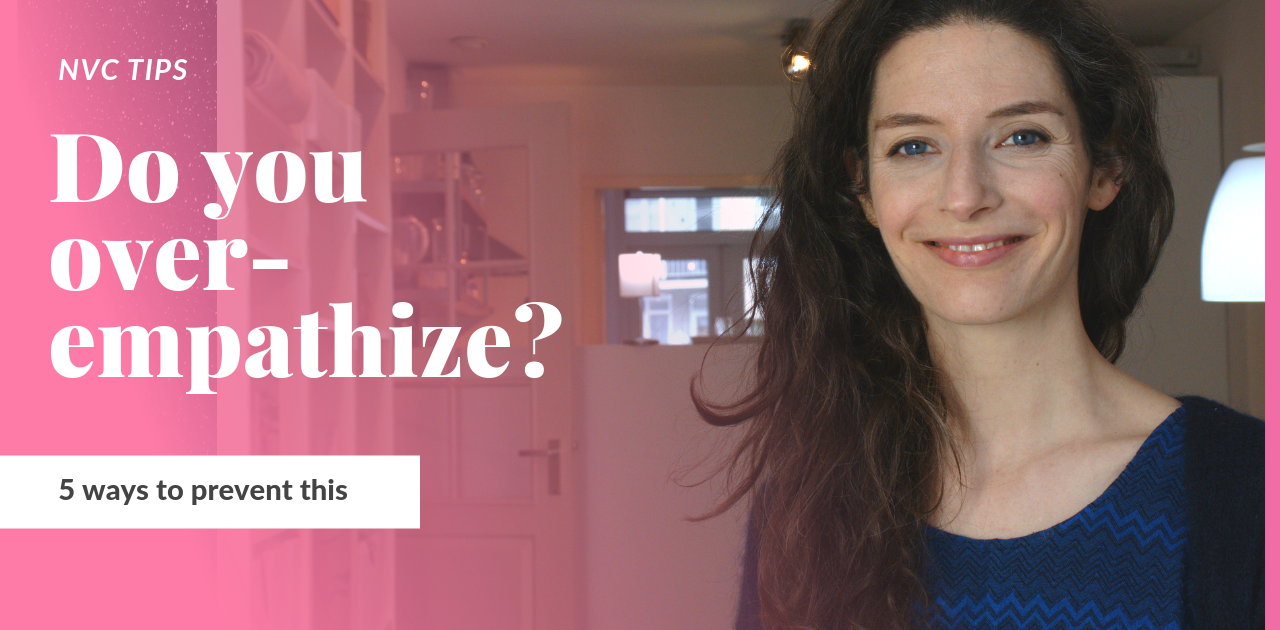


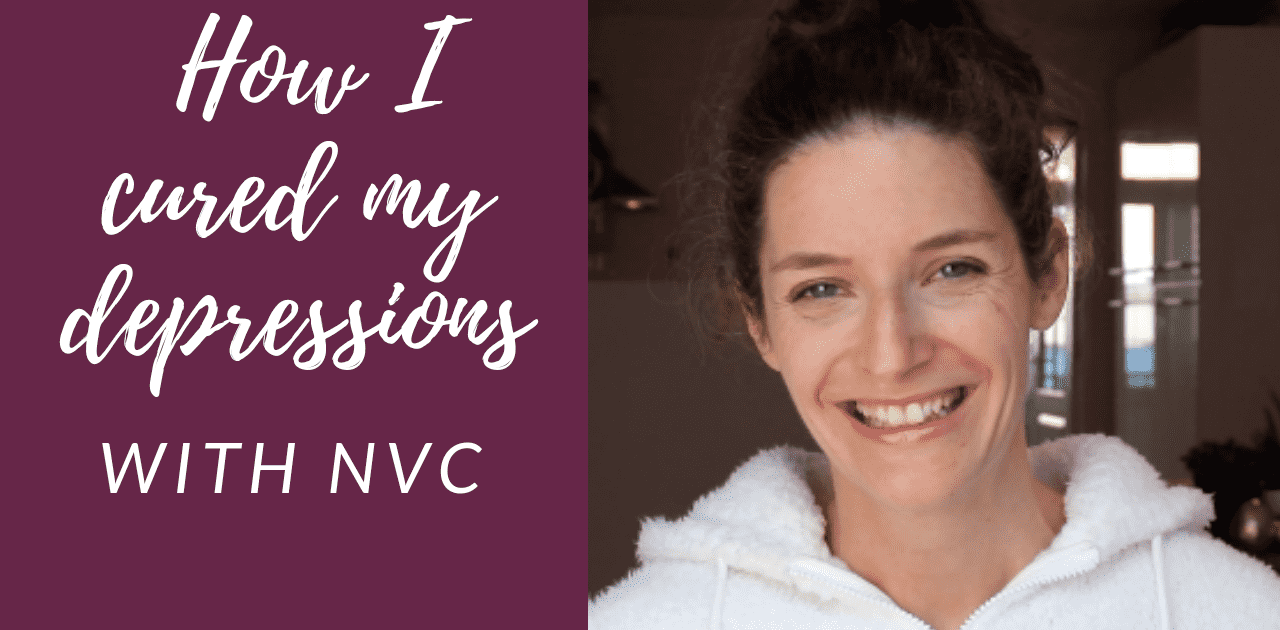
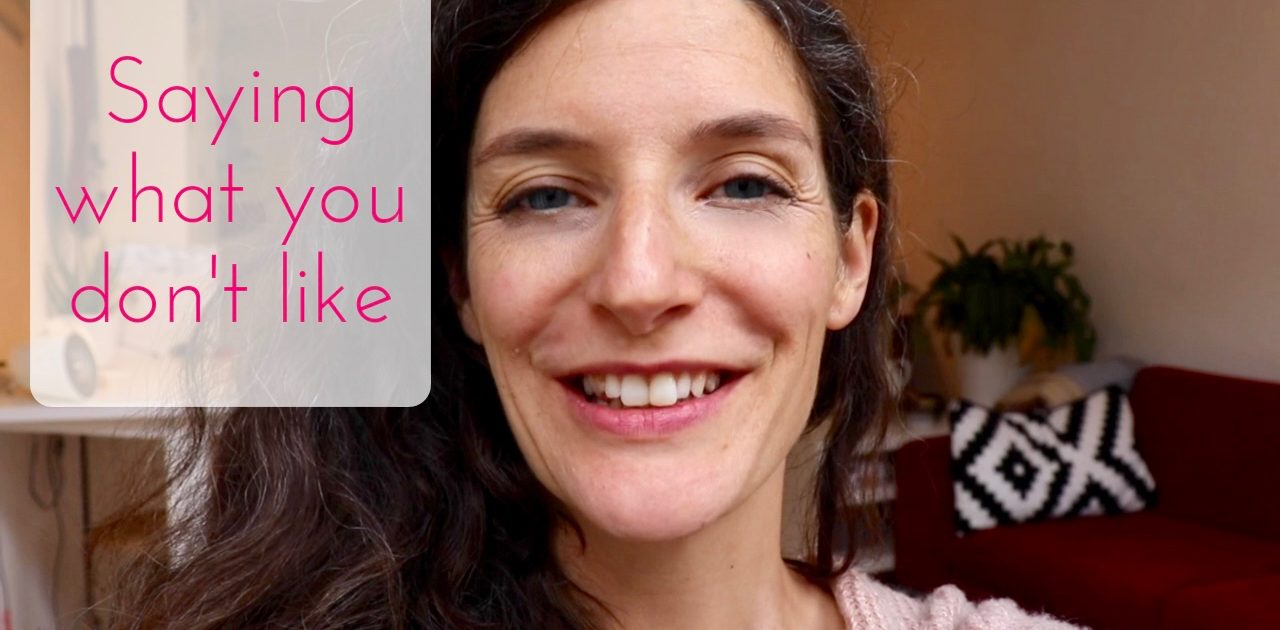
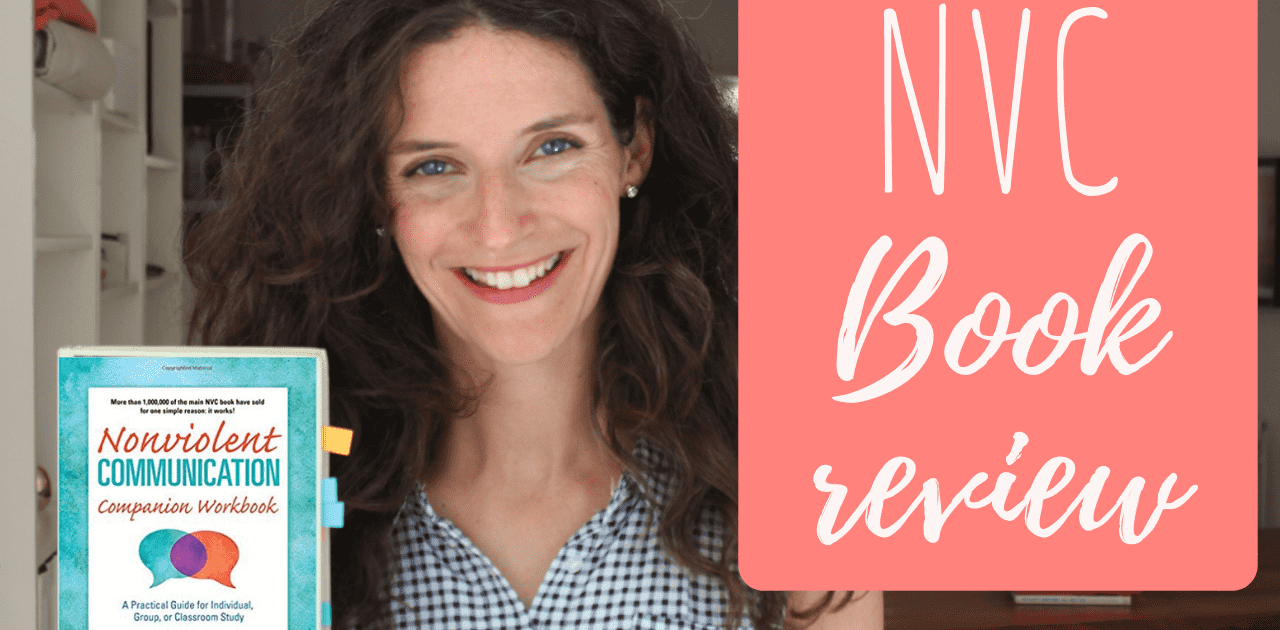




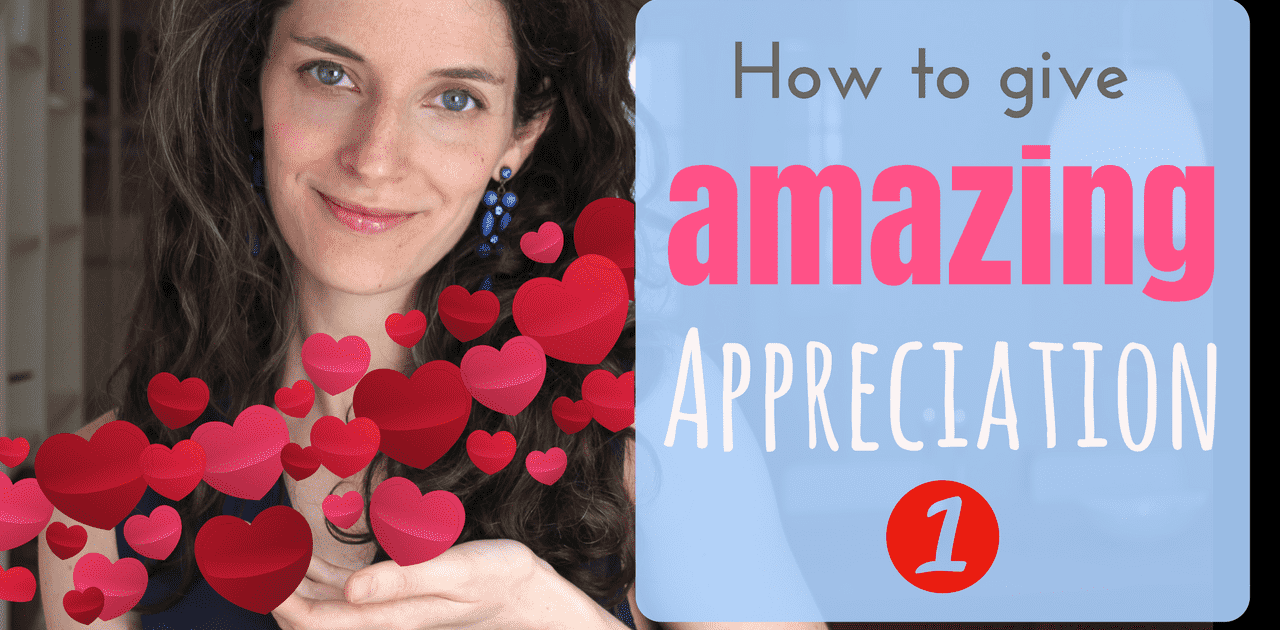



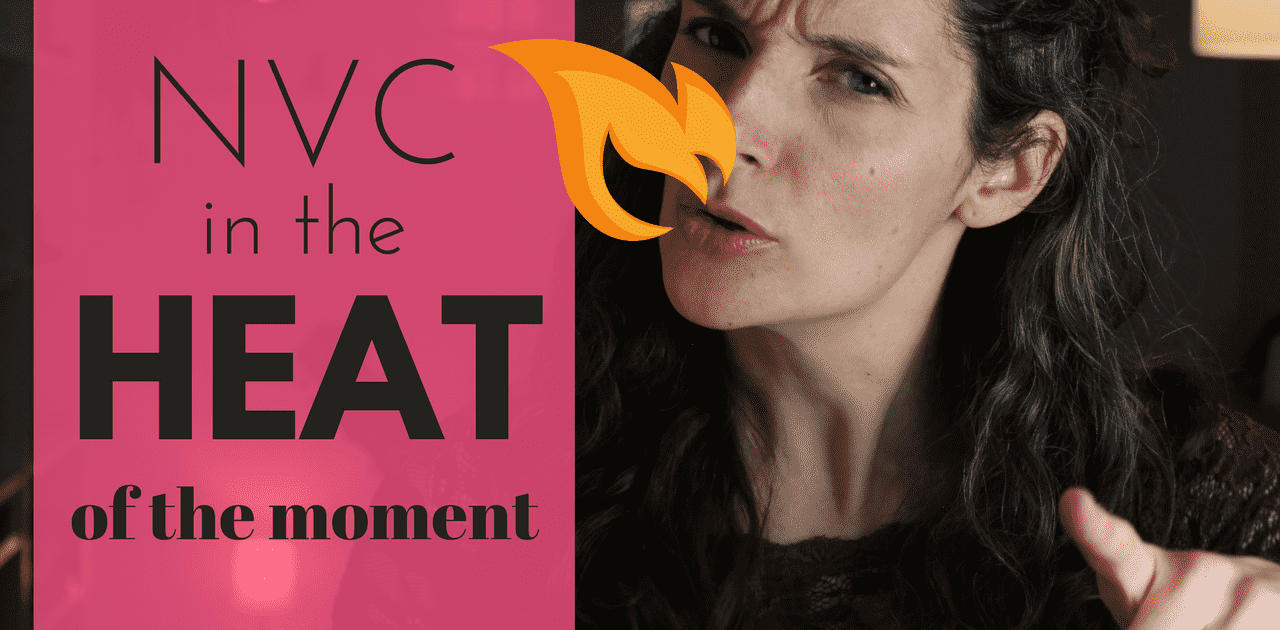


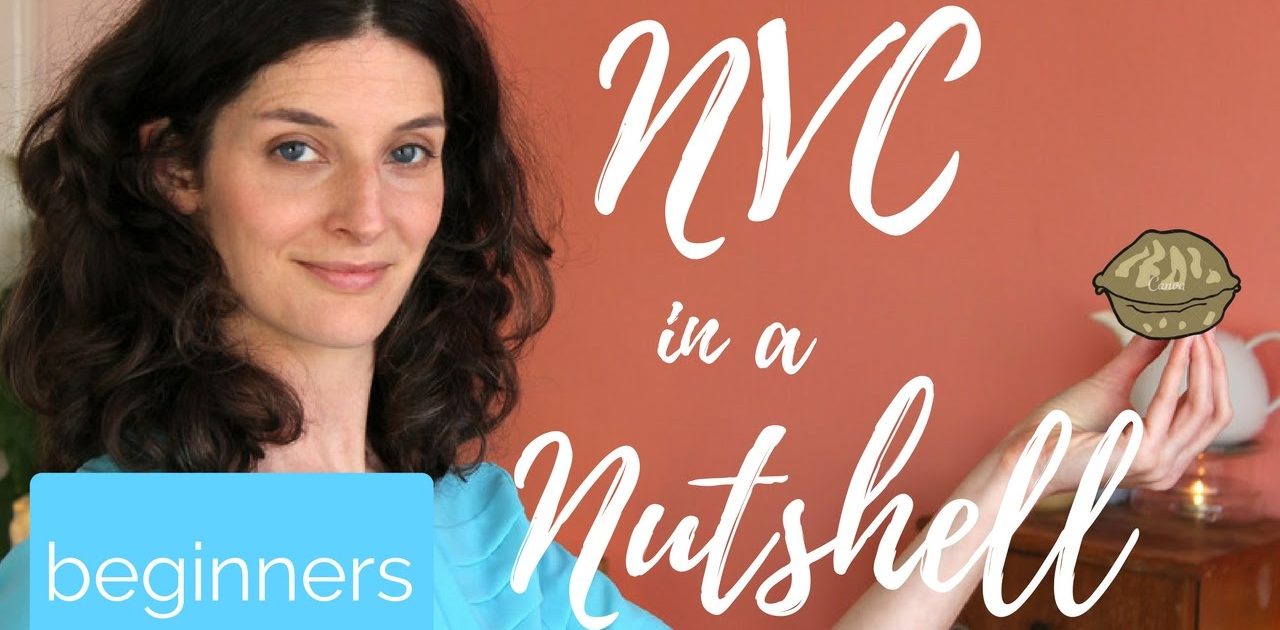
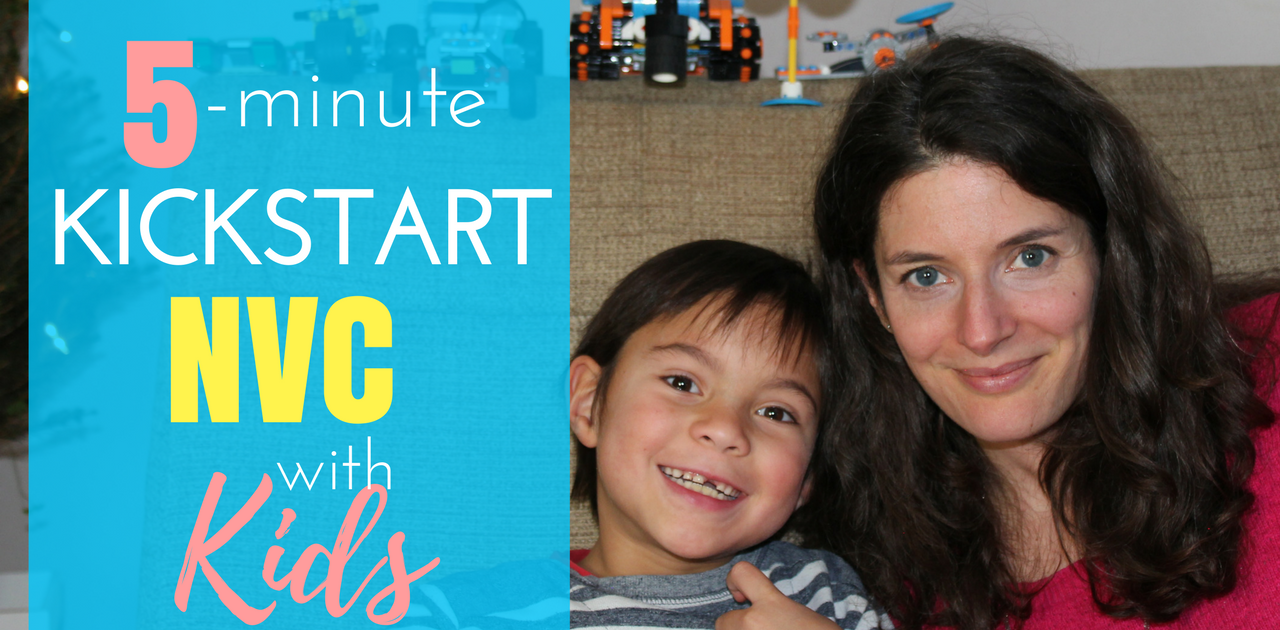

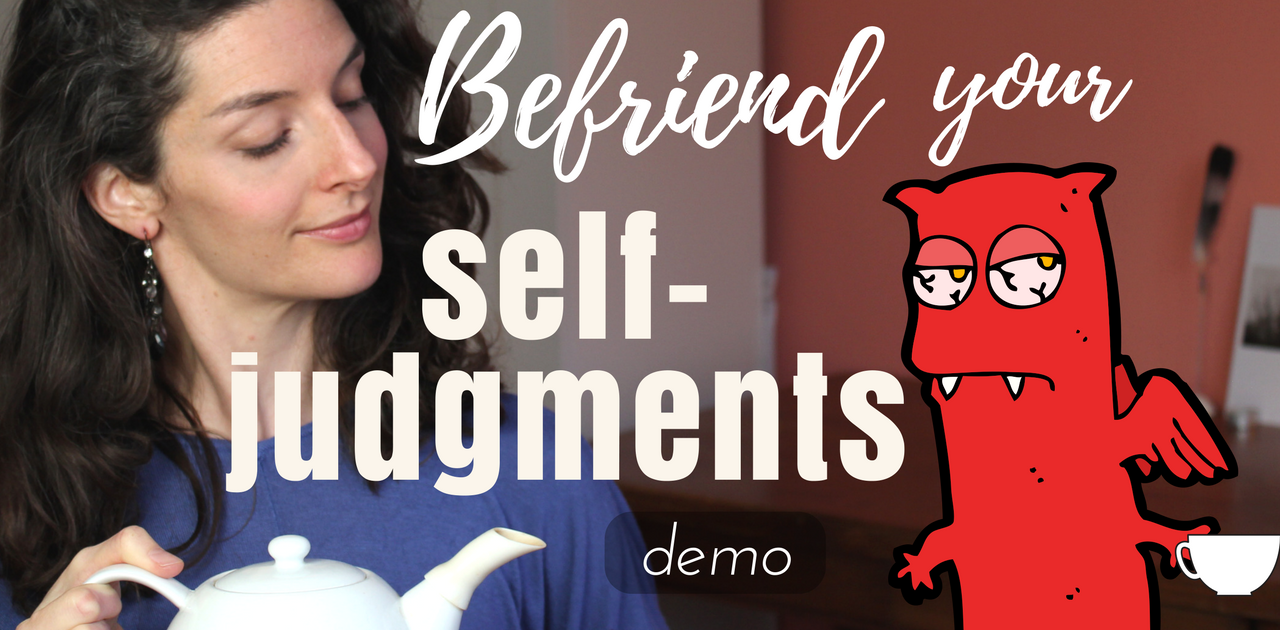
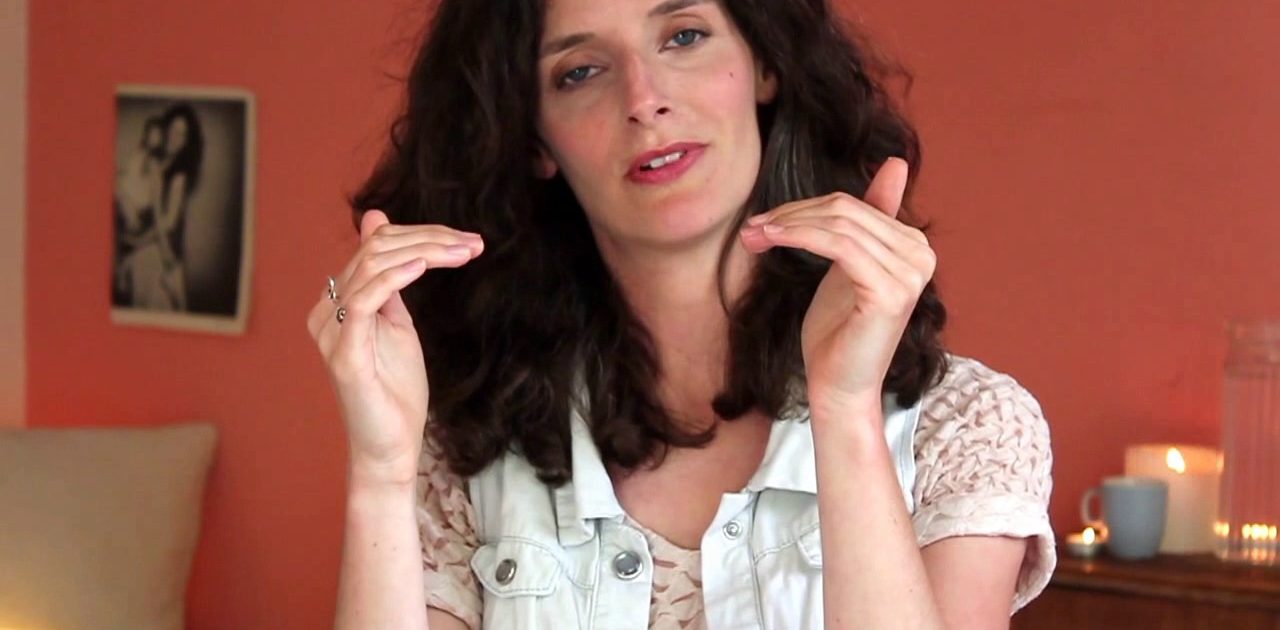
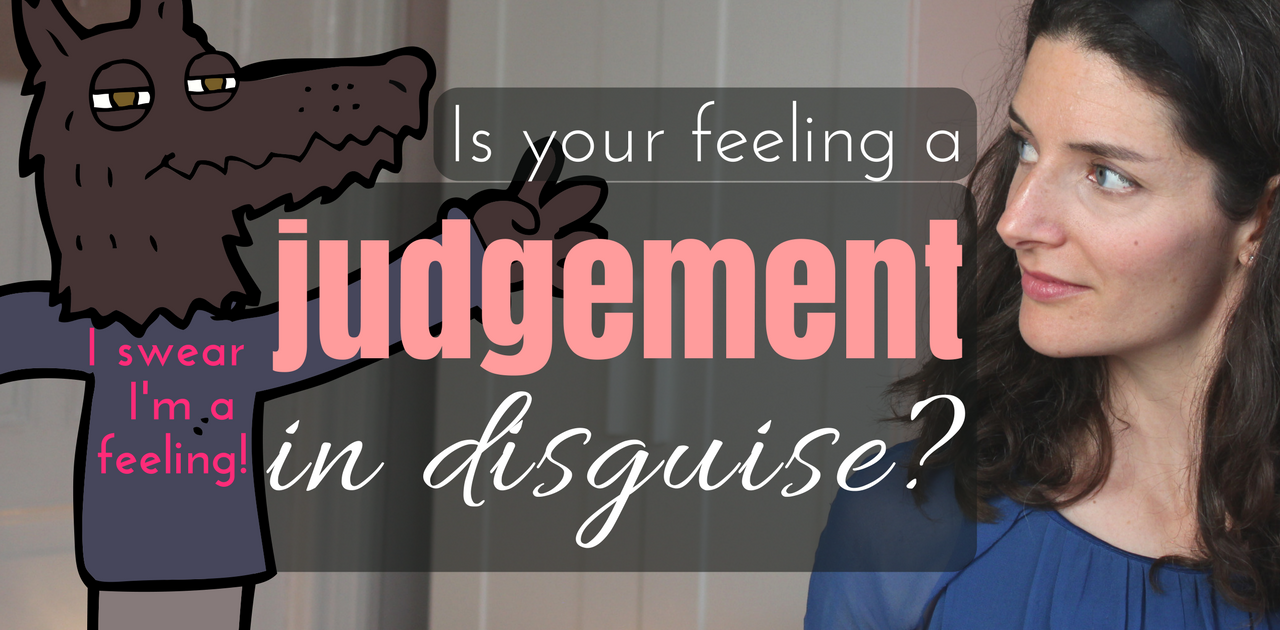
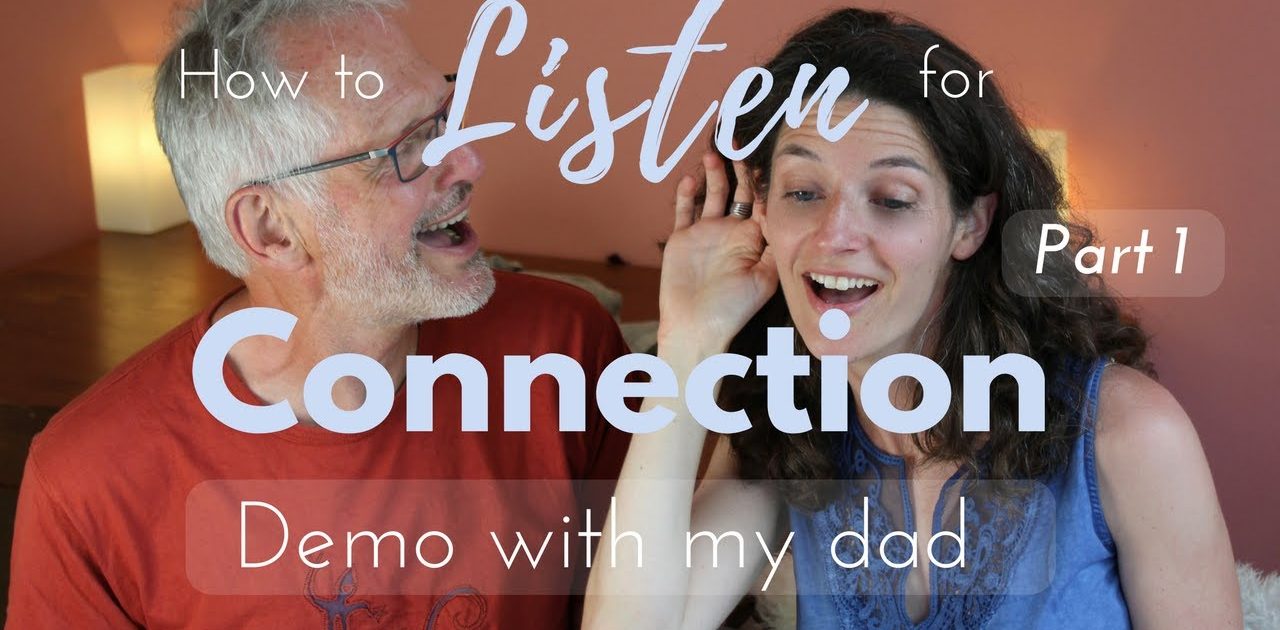


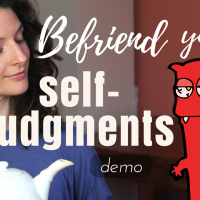
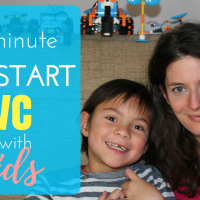
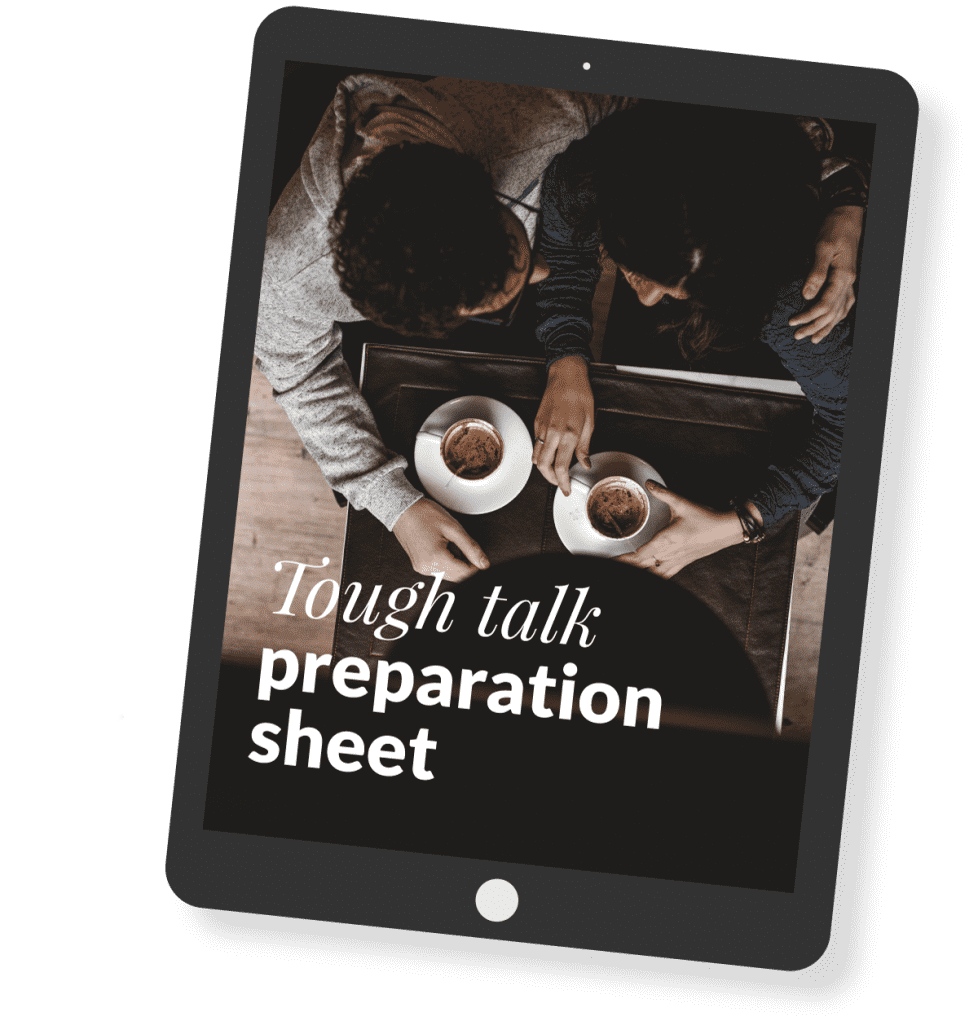
Very self respecting and empowering recommendations. Thank you for your generous support!